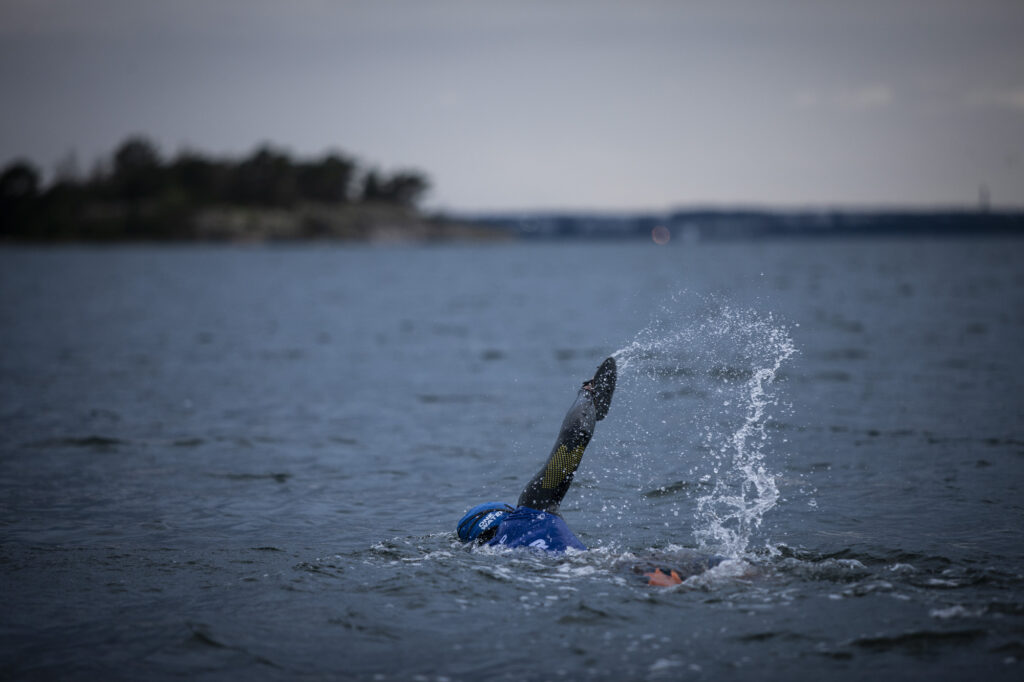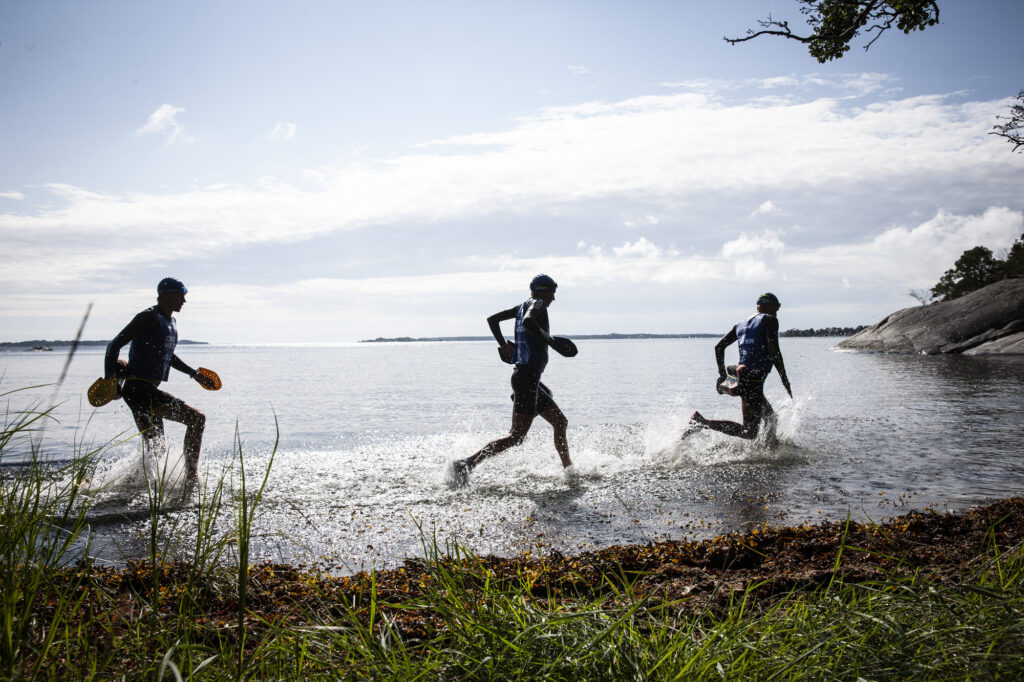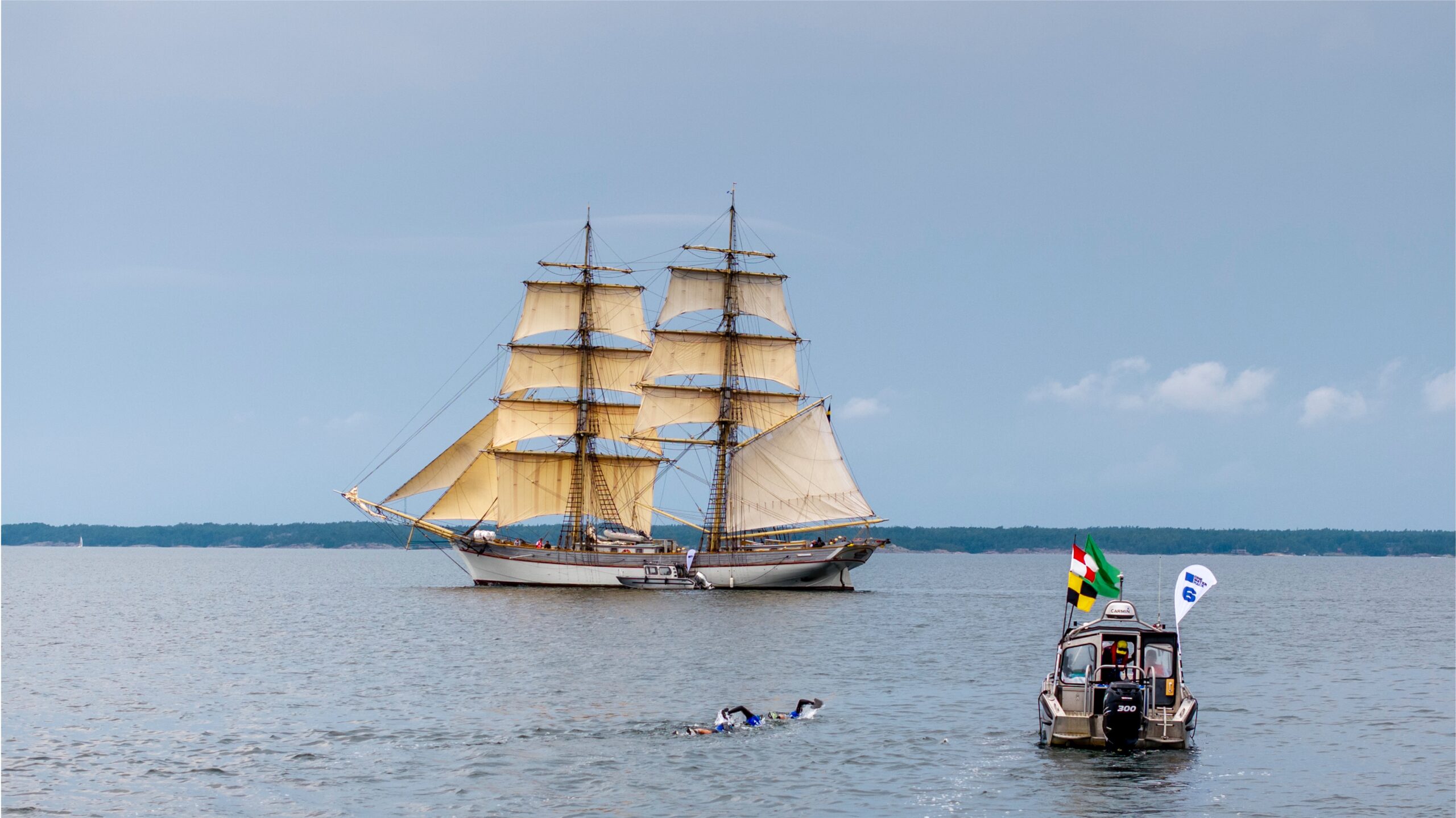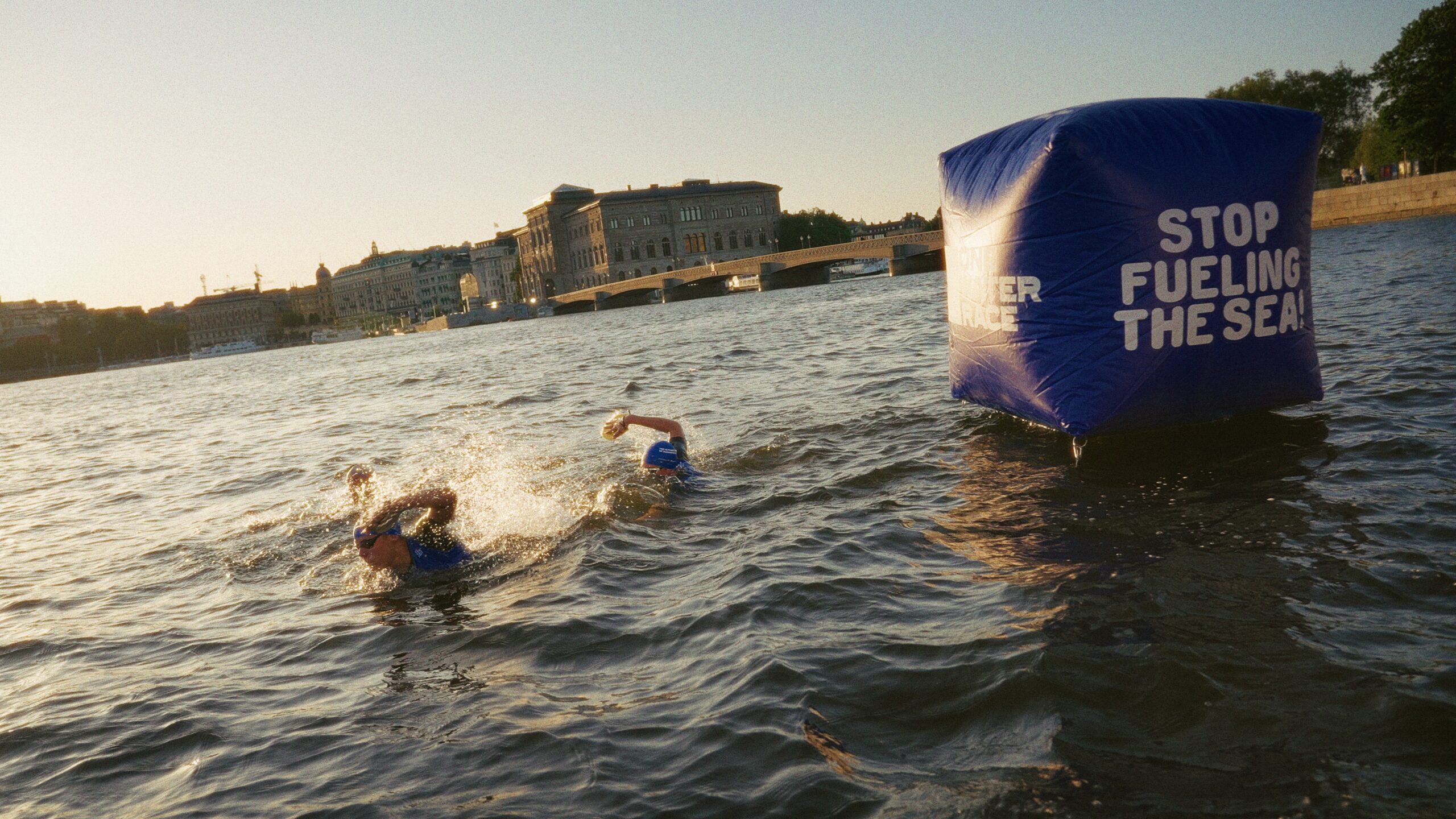One Water Race is a technology-driven organization and we aim to use the latest technology in all aspects, with the purpose to create the best race possible from an organization and safety perspective for our teams, as well as for the audience. One of the main areas in this work is human data, ie. how and what data we can get, through new technology from our teams and racers. For this we need to understand the human body and Anders Murman, is our scientific advisor when it comes to this subject. He is a specialist within Health Tech and Sports Tech.
Tell us, what’s your background?
I’m a physicist and engineer and spent all my life in medical technology, but recently being the CEO and co-founder of Deversfy, I’m working with consumer health more than anything else. Consumer health is a field that has an intersection with health tech, sports tech and food tech. I cover a fair bit of medicine and physiology, but my speciality is of course sensors and deep technology.

When it comes to your work in One Water Race, what can you tell us about that?
I’m being the scientific advisor both when it comes to the technology and to the biometrics of the human body. It is an extreme race and that also goes for technology I think. And I think that the technology may break much quicker than bodies in the matter of fact, haha.

So what are you thinking about the racers, will their bodies be able to handle this kind of race? Will the technology help us see how close they are to a breakdown?
It is an extreme race, we know that, but the teams are very experienced and have done many other tough races even though this may be a bit over the top. But in that scene, they are very well trained people and will be handling this in the same way. What’s special about this race is the swimming and the cold, so what we will keep track on, in various ways, is certainly your hypothermia, your pause oxidation and we will have checkpoints on the course where we will have mandatory tests so we can check up on certain things such as temperature, oxidation, spirometry and more. And then there are few things we hope to track consistently during the race, but the challenge is there are a lot of swimmings sessions and limitations in what technology can withstand in those environments for all these hours.
In terms of medical and safety situations we will have medical staff around if someone gets injured or feeling bad. But in terms of your performance and your stamina, I don’t think this is gonna be dangerous in any way. It’s just gonna be interesting to see if we can get numbers to the organization and to the teams
What’s the most important part to think about when it comes to the body?
The winners will be those who can manage their energy the best, I think that will be the most important thing. This is not a peak test, it’s an endurance test in terms of energy.
Two hours of hard exercise will deplete all your glucan and glucagon levels in your entire body, so you can’t load with pasta and think that will take you anywhere in this race. You will have to eat a lot during the race and my advice is also to add on your own adipose fat months before the race.




